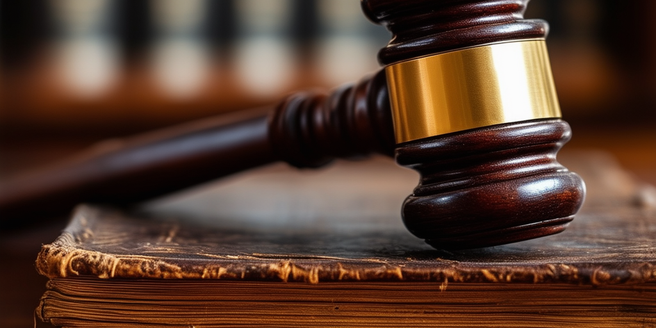
The Evolution and Significance of Class Action Lawsuits
The concept of class action lawsuits first arose in 13th century England and has since evolved significantly to fit the ever-changing legal landscape. These lawsuits play a crucial role in establishing a balance in the power dynamics between individuals and major corporations, acting as a weapon for those unable to claim their rights otherwise. Class action lawsuits allow for more affordable legal action for the common man by pooling together multiple individual cases, reducing the cost of legal proceedings. They serve as a deterrent for corporations, forcing big companies to rethink illegal activities out of fear of legal repercussions. These lawsuits have shone light on corporate wrongdoing and provide a fair platform for victims, proving their continual relevance and importance in society despite their evolution.
The Groundbreaking Tobacco Class Action Lawsuits
The Tobacco Master Settlement Agreement, sealed in 1998, represents a landmark event in class action history. It was the result of a colossal lawsuit where forty-six US states sued the four largest tobacco manufacturers within the United States, seeking redress for immense healthcare costs linked to tobacco-induced diseases. The claim clearly demonstrated that all industries, no matter their influence or perceived power, are subject to justice. It sent a stern warning to mighty entities that they could face liability for their actions, suggesting that even powerful businesses like tobacco giants are not immune to legal and public accountability. This significant event redefined the perception of class action suits, displaying the power of collective legal action, particularly against egregious corporate misconduct. Through this case, a legal precedent was established, implying that corporations, despite their size and sway, cannot escape responsibility for their products, setting a precedent that continues to steer class action suits today.
The Pivotal Role of Class Action in the Civil Rights Movement
Class action lawsuits significantly contributed to the Civil Rights movement, helping to dismantle segregation, especially observable in landmark cases like Brown vs. Board of Education. These lawsuits served as a powerful mechanism to challenge prevalent institutionalized discrimination by unifying those on the receiving end of this injustice. Moreover, class action suits spearheaded the process of dismantling societal inequality that had been intricately woven into society’s fabric. Their pivotal role in breaking down centuries-old discriminatory barriers cannot be understated.
The dissolution of segregation was not meteoric and required consistent, substantial efforts fueled significantly by these lawsuits. Inequality, the formidable opponent that the Civil Rights Movement sought to confront and eradicate, began its gradual dismantling through these critical judicial proceedings. Each class action lawsuit during this period signified a stride towards instilling fairness, justice, and equality in American society.
The Enron Scandal: A Milestone Class Action Lawsuit in Corporate Fraud
The notorious Enron scandal marked a stark example of corporate malfeasance, leading to one of the most significant class action lawsuits in history, effectively elevating it to the status of a poster child for corporate scandal. The scandal not only drew attention from the global financial community but also demonstrated the potential devastation of deceptive business practices as showcased by the collapse and subsequent bankruptcy of Enron. This illustrated the havoc such practices could wreak on employees and shareholders, prompting a robust response from industry regulators and legislators. In reaction to the scandal, corporate governance underwent major changes with stricter regulations put into place for enhanced ethical financial standards. The Enron scandal also triggered significant changes in accounting regulations in a bid to combat fraudulent financial reporting. This led to an increased emphasis on the transparency of companies’ financial statements and a bolstered focus on internal controls to avoid similar disasters in the future. This transformation profoundly influenced the financial landscape, altering how corporate America approaches transparency, integrity, and accountability.
The Volkswagen Emission Scandal: A Modern Automobile Class Action Lawsuit
The Volkswagen Emissions Scandal, also known as Dieselgate, marked a significant change in class action lawsuits. The unscrupulous practices carried out by Volkswagen in evading emission controls inflicted broad-scale damage, going beyond the usual personal or financial harm to individuals involved in such litigations. These actions weren’t directly harmful to consumers, but instead, severely undermined the compliance integrity of emission controls by deceptively passing pollution tests to exceed legal limits. With this scandal, the grim reality that corporations can wreak environmental harm became apparent, prompting environmental and consumer protection agencies worldwide to initiate legal measures against Volkswagen. Numerous lawsuits followed internationally, spurred not just by regulators, but by individual consumers who felt betrayed by the gross disregard for environmental standards. This evolved into a new genre of class action lawsuits centered more on corporate accountability and environmental sanctity rather than personal injury or financial loss.
